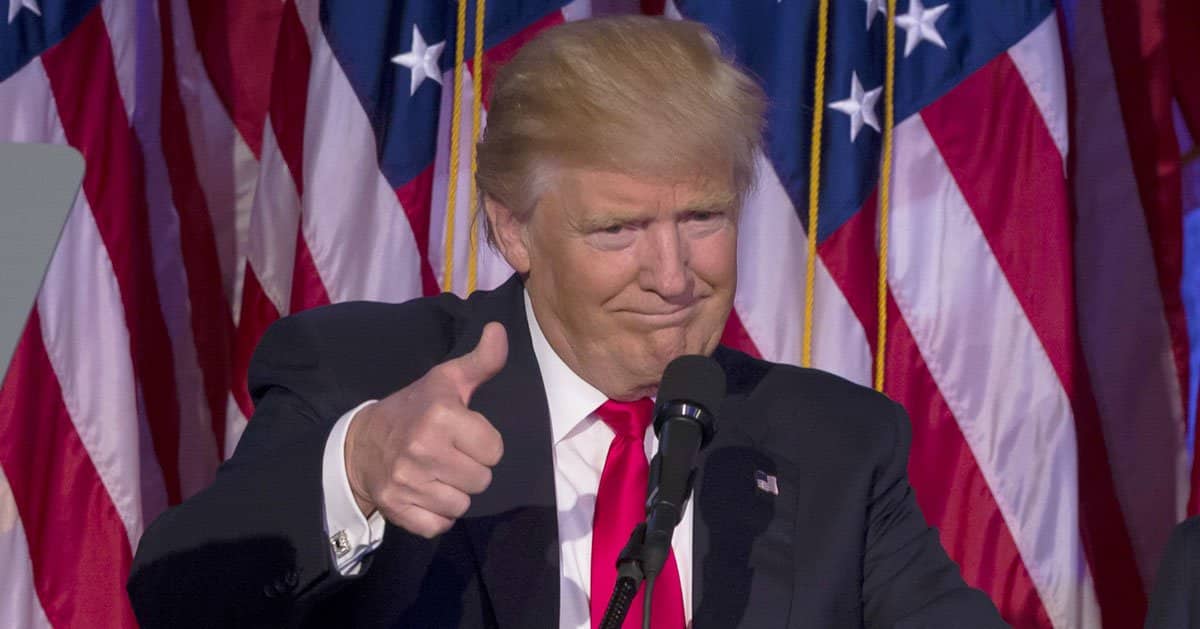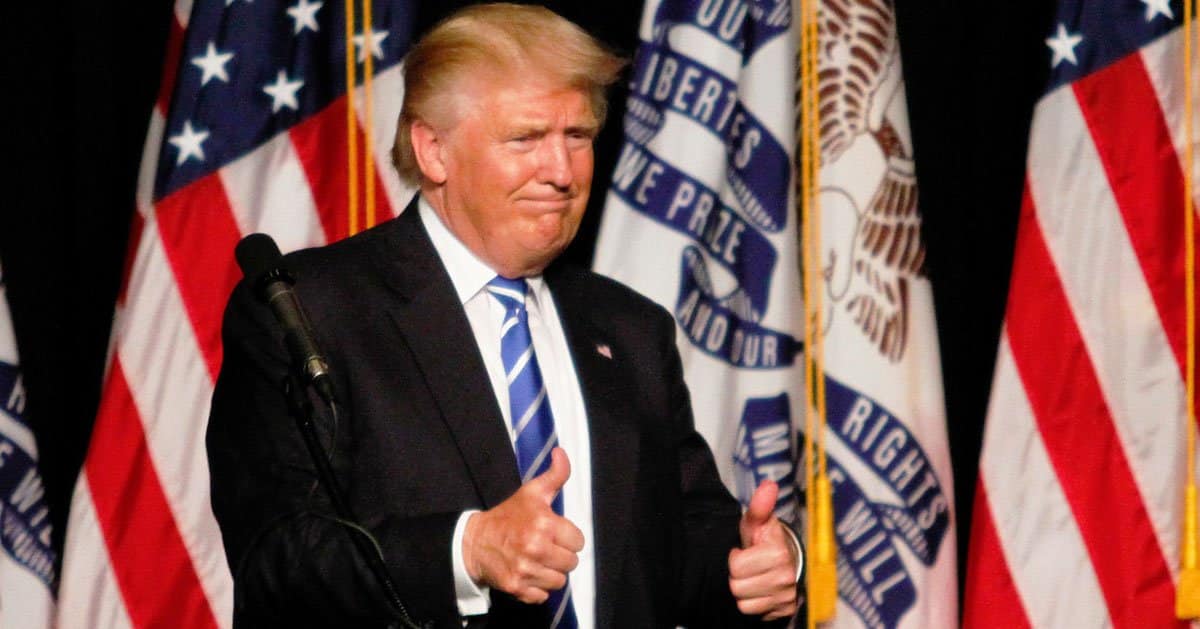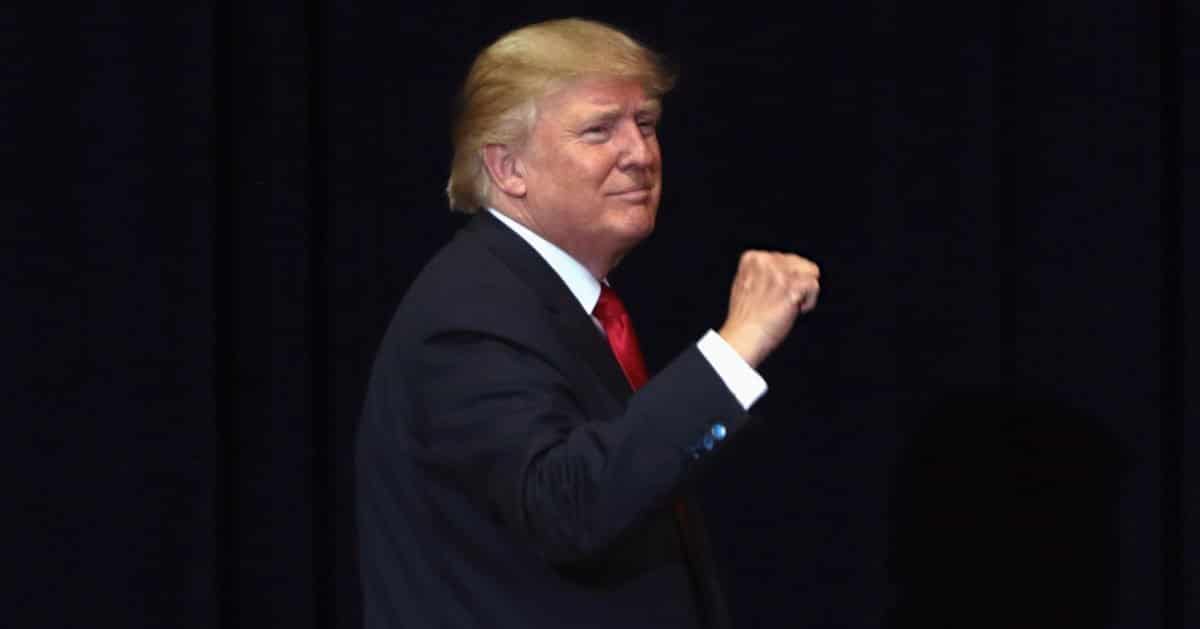








In a decisive turn, the Michigan Court of Appeals has mandated the removal of Robert F. Kennedy Jr.'s name from the state's upcoming presidential ballot.
The Guardian reported that the appellate ruling aligns with Kennedy's own wishes, marking a significant shift in the high-stakes battle between Vice President Kamala Harris and Donald Trump for the presidency.
The court's decision last Friday directly counters earlier determinations by both a lower court and the Michigan Department of State, supporting Kennedy's recent move to withdraw from various state ballots to consolidate support behind Trump.
On August 23, Kennedy, aged 70, publicly suspended his independent presidential campaign and endorsed Trump, signaling a strategic pivot in his political approach.
Following his announcement, Kennedy's legal team actively sought to remove his name from ballots in pivotal states, highlighting Michigan as a key battleground.
The Michigan Secretary of State, Jocelyn Benson, had initially denied Kennedy's request to withdraw, citing state laws that she argued applied to presidential candidates. This interpretation was challenged in court.
The Appeals Court clarified that the statute in question was intended only for state office candidates, thereby not applicable to Kennedy’s case as a presidential contender.
This interpretation overturned a ruling from the Michigan Court of Claims where Judge Christopher Yates, appointed by Democratic Governor Gretchen Whitmer, had previously ruled against Kennedy's withdrawal.
The panel making this crucial decision comprised two judges appointed by former Republican Governor Rick Snyder and one judge elected in 1988, emphasizing the bipartisan nature of the judicial review.
One of the judges, Mark Boonstra, had previously been endorsed by Trump for a position on the Michigan Supreme Court, though he was not ultimately chosen at the Republican state convention.
The panel's decision was also influenced by the timing of Kennedy's legal motions, acknowledging some delay but still meeting statutory deadlines to affect ballot preparations.
An emergency appeal was launched by Benson's attorneys to the Michigan Supreme Court, seeking a stay against the appellate order.
This appeal stressed the potential ramifications for the Natural Law Party, which risks losing future ballot eligibility if it fails to field a candidate who draws sufficient voter support.
Assistant Attorney General Heather Meingast highlighted the stakes involved, arguing that the party's future viability could be compromised.
Meanwhile, the Secretary of State’s office complied with the appellate decision, instructing local clerks to proceed without Kennedy’s name on the ballot.
This legal back-and-forth underscores the complex dynamics at play as the electoral landscape adjusts to the evolving strategies of its candidates.
Further appeals concerning the status of Cornel West, another independent presidential hopeful, continue to unfold, adding another layer of intrigue to an already tumultuous election cycle.



